About Radworks (RAD)
Radworks (RAD) is a community-governed ecosystem aimed at fostering internet freedom by supporting the development of decentralized, resilient, and permissionless technologies. The Radworks network is behind notable projects such as Radicle, a sovereign peer-to-peer network for code collaboration, and Drips, a decentralized fund sharing and splitting solution built on Ethereum. Radworks operates under a decentralized governance model, where community members use the $RAD token to govern the direction of the ecosystem.
What is Radworks (RAD)?

Radworks (RAD) is designed to promote freedom, privacy, and decentralization by creating a space for developers, creators, and collaborators to build technologies that align with these values. The ecosystem is powered by $RAD, a governance token that allows community members to participate in decision-making. Radworks is primarily focused on supporting two projects:
- Radicle: A decentralized, peer-to-peer platform for code collaboration built on top of Git, enabling developers to work together on software projects without centralized intermediaries.
- Drips: A peer-to-peer fund sharing and splitting solution built on the Ethereum blockchain, allowing creators and developers to receive resources directly from their users and supporters.
By empowering builders and creators through its decentralized governance system, Radworks aims to create a resilient, sustainable, and open technology ecosystem.
How does Radworks (RAD) work?
Radworks (RAD) operates through a decentralized governance system that is driven by the $RAD governance token. This system enables the community to vote on important decisions such as funding new projects, supporting initiatives, and shaping the direction of the ecosystem. Here are some key elements of how Radworks functions:
- Decentralized Governance: The community governs Radworks through Orgs (decentralized organizations), each supporting a specific project. Orgs are funded from the Radworks treasury, and to receive funding, they must pass annual budget proposals via governance voting.
- Radicle: As part of Radworks, Radicle is a peer-to-peer network designed to replace centralized code collaboration platforms (like GitHub). It allows developers to collaborate directly, sharing code and making contributions without relying on centralized infrastructure.
- Drips: Another key component of Radworks is Drips, a platform for peer-to-peer fund sharing. Drips enables creators and developers to receive ongoing support from their users or patrons. It operates via smart contracts on Ethereum and offers a more direct way of splitting and distributing funds.
- Radworks Treasury: Radworks uses a decentralized treasury system where $RAD token holders collectively decide on the allocation of resources, investments, and the funding of projects aligned with the network’s goals.
Potential Use Cases for Radworks (RAD)
- Decentralized Code Collaboration: Radicle provides a decentralized alternative to centralized platforms, allowing developers to collaborate on projects securely and efficiently, without intermediaries.
- Fund Sharing for Creators: Drips offers a peer-to-peer mechanism for fund sharing and splitting, creating a new value flow between developers and their supporters. This model could be used by content creators, open-source projects, and other collaborative communities to fund their work.
- Decentralized Governance: Radworks’ governance system allows $RAD token holders to decide on the future of the ecosystem. The decentralization of control reduces the risk of censorship or centralization of power, providing users with more control over the technologies they use.
- Sovereign Technologies: By supporting and funding permissionless and censorship-resistant technologies, Radworks helps pave the way for a more open and decentralized future for the internet.
History of Radworks (RAD)
Radworks (RAD) evolved from Radicle, an open-source project founded by Monadic, a Berlin-based software company focused on open-source software collaboration. The journey of Radicle began as an effort to create a decentralized solution for software collaboration, using Git as its foundation.
- 2021: The Radicle Foundation was established to coordinate the development of Radicle and introduce decentralized governance through $RAD token.
- 2021: The RadicleDAO was formed, enabling community governance over the project’s treasury and smart contracts.
- May 2023: Radicle split into two independent projects: Radicle (a peer-to-peer code collaboration platform) and Drips (a fund-sharing solution). Both became DAO-supported Orgs under the larger Radworks ecosystem.
As Radworks grows, the community continues to steer the projects it supports, fostering an ecosystem committed to decentralization, open-source development, and the promotion of freedom on the internet.


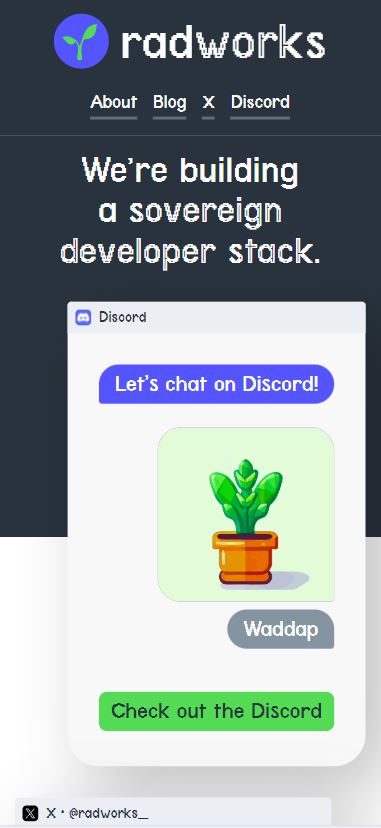
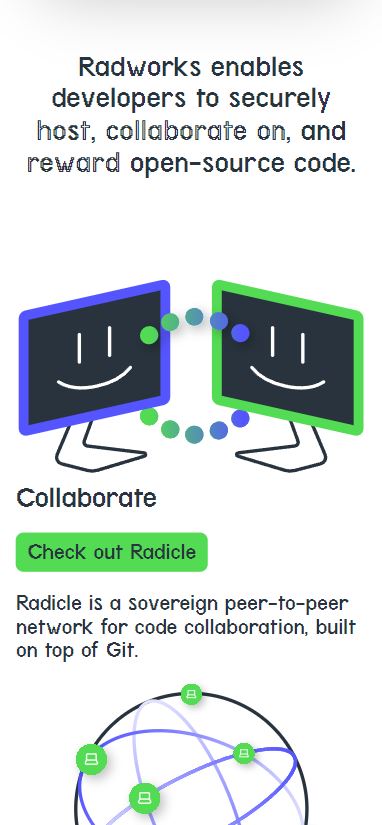
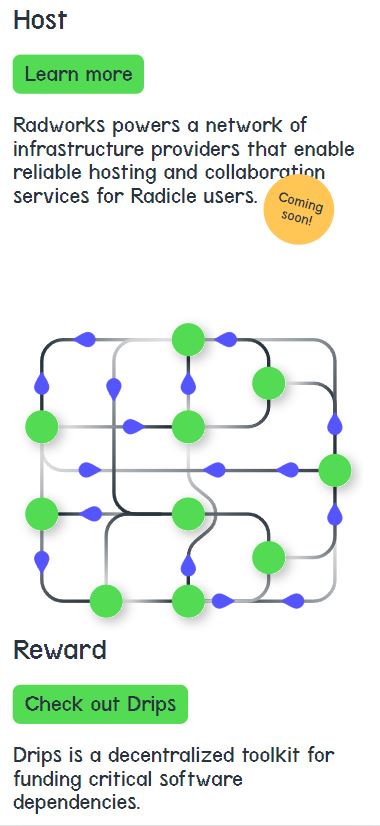







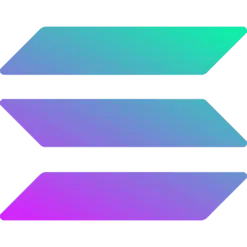

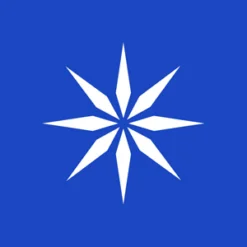
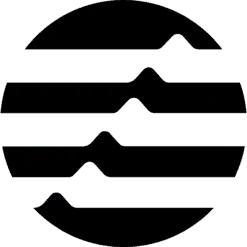

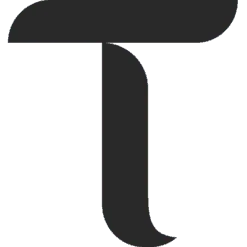
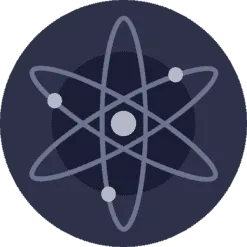
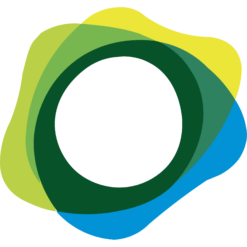

Anthonywax –
New cryptocurrency releases
Harran –
good
nguyenbathanh007 –
Good